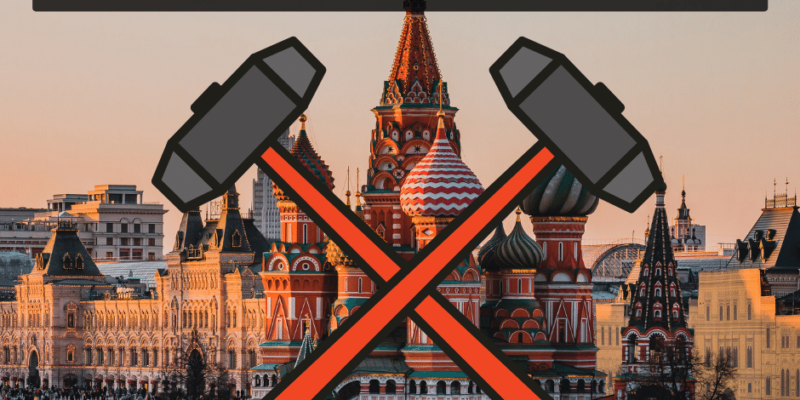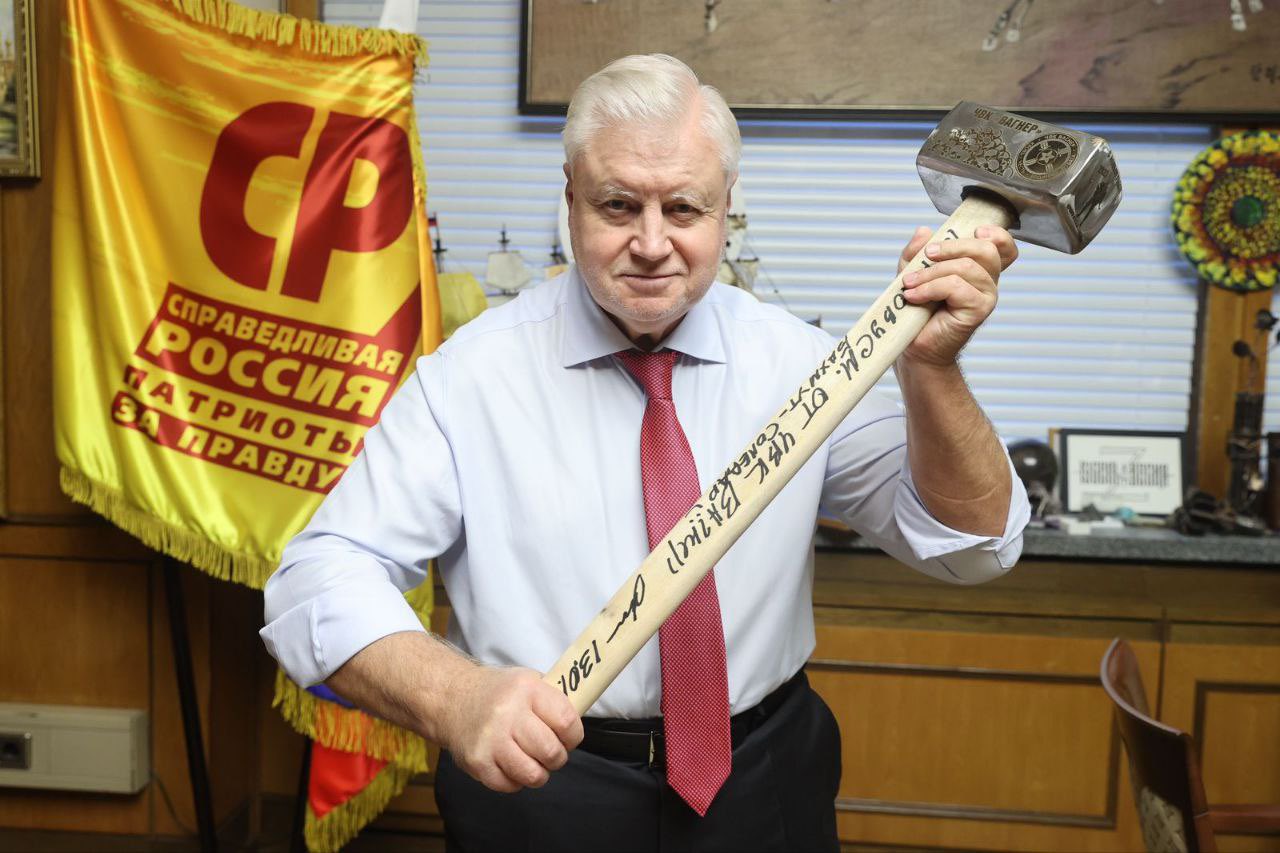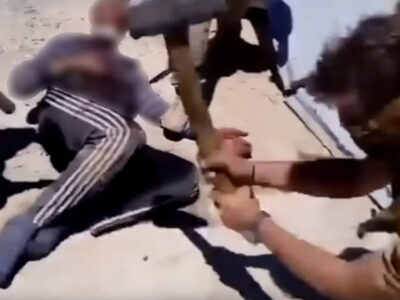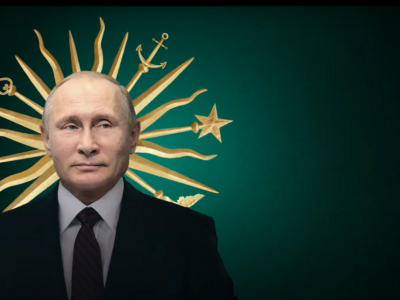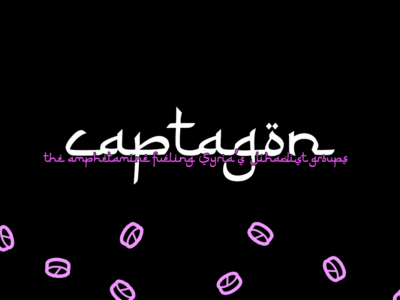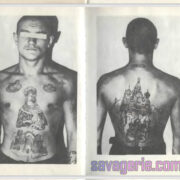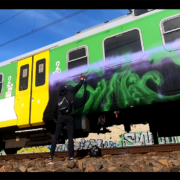The Wagner Private Military Company (Wagner PMC) is a Russian private military company that has been active in various conflicts around the world. The group first came to public attention in 2014, when they were reported to be operating in Ukraine. Since then, they have been involved in conflicts in Syria, Africa, and other parts of the world.
The existence of the Wagner PMC is controversial, as the Russian government has denied any official involvement with the group. However, many experts believe that the group is closely tied to the Kremlin and that it operates with the support and direction of Russian intelligence agencies.
The group is thought to have been founded by Dmitry Utkin, a former Russian intelligence officer. Utkin reportedly left the intelligence service in 2013 and founded the Wagner PMC the following year. The group is believed to have been initially focused on providing security services to Russian businesses operating in Ukraine, but it quickly expanded its operations to other parts of the world.
In 2014, the Wagner PMC was first reported to be operating in Ukraine, where it was said to be supporting separatist rebels in the country’s east. The group was also reported to be involved in the annexation of Crimea by Russia in the same year. The Russian government denied any involvement with the group, but many experts believe that the Wagner PMC was acting as a proxy force for the Kremlin in the conflict.
In 2015, the Wagner PMC was reported to be operating in Syria, where it was supporting the government of President Bashar al-Assad. The group was said to be involved in various battles across the country, including the siege of Aleppo. The Russian government again denied any involvement with the group, but many experts believe that the Wagner PMC was acting as a proxy force for the Kremlin in the conflict.
Since then, the Wagner PMC has been reported to be involved in conflicts in various parts of the world, including Africa, where it is said to be supporting various governments and rebel groups. The group is also reported to be involved in the oil and gas industry, providing security services to Russian companies operating in the region.
The Wagner PMC’s existence and activities have been the subject of much debate and controversy. While the Russian government denies any official involvement with the group, many experts believe that the group is closely tied to the Kremlin and that it operates with the support and direction of Russian intelligence agencies. The group’s activities have also been criticized by human rights organizations, which have accused the group of war crimes and other violations of international law.
Despite the Russian government’s denials, there is evidence that the Wagner PMC operates with the support of the Kremlin, including the fact that many of its members are former Russian special forces soldiers or intelligence officers. The group’s activities have also been widely reported in the media, and there is a growing body of evidence that suggests the group is involved in a wide range of conflicts around the world.
While the Wagner PMC’s existence and activities remain controversial, it is clear that the group has had a significant impact on the global stage. The group’s activities have been widely reported in the media, and there is a growing body of evidence that suggests the group is involved in a wide range of conflicts around the world. The Russian government’s official denial of involvement with the group does not change the fact that the Wagner PMC has been active and influential between 2014-2018.
Accusations of War Crimes
Wagner PMC has been accused of committing the following war crimes:
- Extrajudicial killings: Reports indicate that Wagner forces have executed prisoners without trial or due process.
- Torture: Wagner fighters have been accused of torturing prisoners and civilian detainees in conflict zones.
- War crimes in Syria: Wagner fighters have been involved in a number of violent incidents in Syria, including the targeting of civilian infrastructure and the use of banned weapons.
- Violations of international law: Wagner has been accused of violating international law by operating in conflict zones without the permission of the host government.
- Mercenarism: Wagner’s involvement in conflicts in Ukraine and Syria has been seen as an example of illegal mercenary activity, which is prohibited by international law.
Their grey status with little oversight allows the mercenary group to engage in activities that the Russian State doesn’t want to be directly linked to. Their telegram channel is called “The grey zone / Reverse side of the medal” – a nod to the how the group views itself. Behind every issued Russian military medal there is an “unknown Wagnerite” putting in the work for no recognition, existing solely in a grey zone.
Wagner’s Culture of Ultraviolence
Wagner group’s entire online presence gives a good insight into their internal culture of ultra-violence. Their repeated use of the sledgehammer in their graphics/uniform patches and folklore (they refer to it as the hammer of retribution) in itself is a tribute to the violent torture/murder of a Syrian man accused of fleeing his post *. Check out our previous article on that event here.
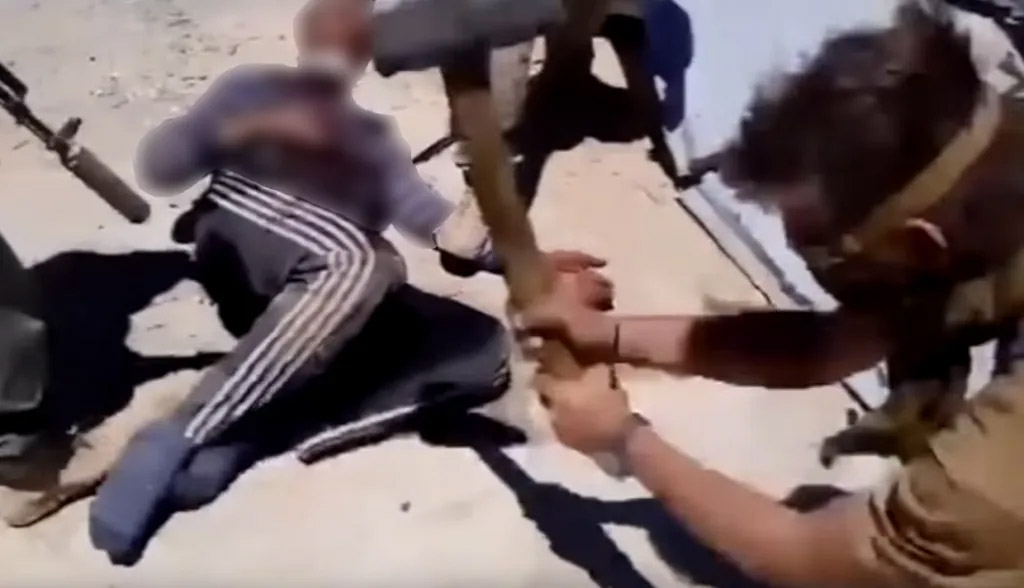
Wagner mercenaries torturing and killing Syrian man with a sledgehammer
In more recent times the Wagner group is most likely behind the video of another brutal sledgehammer execution video, this time of a Russian convict enlisted to fight in Ukraine. According to most reports online the reason for his execution was the fact he had surrendered to the Ukrainians during fighting. He was later released in a prisoner exchange (he wanted to be exchanged despite the threat to his life) where he was brutally executed on video as a warning to all Wagnerite convicts – “Don’t surrender”.
Deputy head of 🇷🇺 Duma Sergey Mironov with a copy of a sledgehammer that killed a 🇷🇺 citizen. Look how happy he is.#NaziRussia #StandWithUkraine pic.twitter.com/Ok4NHpSmPH
— olexander scherba🇺🇦 (@olex_scherba) January 20, 2023
Since then the sledgehammer has made various appearances in Russia’s political life as more politicians seek to align themselves with the brutal “machismo” associated with the group as can be seen by this aged politician, proudly holding a copy of the Wagner sledgehammer.
*https://www.telegraph.co.uk/news/2019/11/18/russian-mercenaries-beat-beheaded-syrian-man-leaked-video/
Wagner’s leader – “Putin’s Chef” – Yevgeni Prighozin
Yevgeni Prigozhin is a Russian businessman and ally of President Vladimir Putin. He rose to prominence in the early 2000s, after establishing a number of successful catering and food service companies. His wealth and influence, partially derived from his businesses and position have earned him the nickname “Putin’s Chef” . He later diversified into other businesses, including media and information technology.
Prigozhin’s close ties to Putin have helped him secure numerous government contracts, including a $1.5 billion deal to provide food services to Russian military personnel. He had also been linked to the infamous Russian mercenary group “Wagner” although in the past he had denied accusations and even tried to sued Bellingcat journalists (SLAPP lawsuit) in the UK in order to supress them. Since the break out of the war in Ukraine he has made a public rise to power and has fully embraced his leading role in the Wagner Group with videos showing him recruiting convicts for the frontlines, taking photos near frontlines and openly challenging the authority and effectiveness of the Russian Army.
Prigozhin recruiting convicts to fight in Ukraine
In recent years, Prigozhin has been targeted by US sanctions, which accuse him of seeking to interfere in American politics. He has been charged with funding the Internet Research Agency, a Russian troll farm that was active on social media during the 2016 US presidential election.
Despite the controversy surrounding him, Prigozhin remains a powerful figure in Kremlin circles. His support for the president has helped cement his position within the Russian political elite.
Prigozhin’s rise highlights the close relationship between business and politics in Russia, where a small number of wealthy individuals hold significant sway over government policy. It also underscores the challenges faced by the international community in trying to hold those responsible for election interference accountable.

